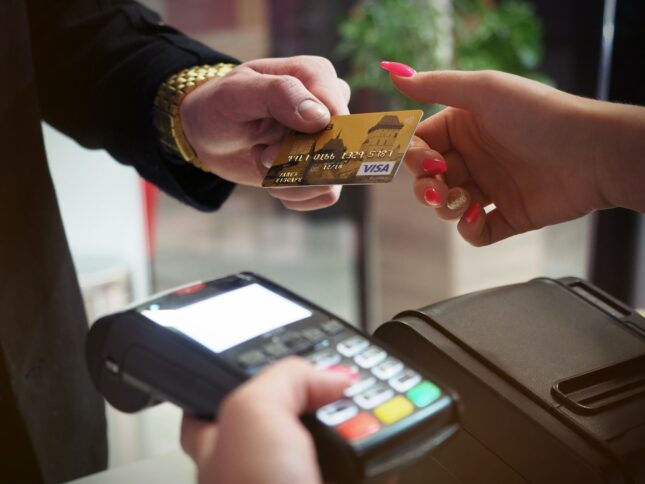
In order to borrow money at the best interest rates possible, you’ll need to show potential future creditors that you can use credit wisely and only borrow money that you can and will pay back. Whether you’ve mucked up your credit or you just don’t have much credit history to begin with, a credit card is a simple way to work on improving your credit score. Here are the best credit cards to help you increase your credit score.
1. Chase Freedom Card
The Chase Freedom card is perfect for capitalizing a little on the credit score increase process. If you pay off your statement balance every month and avoid interest charges, they actually pay you to use this card since they don’t charge an annual fee and they have a rewards program.
- 16.99%-25.74% APR
- No annual fee
- Offers introductory 0% APR for 15 months
- Bonus $150 for spending $500 on the card in the first 3 months
- Great cash rewards program: 1% back on all purchases, 5% back on specific categories
2. American Express Cash Magnet Card
This card tends to get high ratings from people using it. With a decent rewards program, a couple of sweet bonuses, a decent APR, and other competitive features, the Cash Magnet card may be a great way to increase your credit score and keep yourself on task.
- The American Express PlanIt feature helps you pay off your purchases on your schedule.
- 15.24%-26.24% variable APR
- $0 annual fee
- 15 months at 0% APR
- $150 statement credit after you spend $1,000 in the first three months; additional $100 credit after you spend $6,500 in the first year
- 1.5% cash back on all purchases up to $1,500
3. Capital One QuicksilverOne Cash Rewards Card
This card doesn’t offer features quite as good as the first two, but it is a little more flexible in approving people starting out with a lower score and looking for a credit score increase. It even has the same rewards benefits as the Cash Magnet card.
- Approval is likely even with credit scores on the lower end of the 600s
- $39 annual fee
- 1.5% cash back rewards
- Get a higher credit line after making the first 5 payments on time, which will improve your credit utilization rate
- No cash back limits
- 26.98% variable APR
4. State Department Federal Credit Union Secured Visa Platinum
If you’re having a tough time getting approved for a conventional credit card because you need a credit score increase, you might consider a secured card for building up your score. This means that you’ll put down a deposit, usually in the amount of your credit limit. This one is a great place to start since it offers great interest rates. Even if you don’t need a secured card, per se, these APRs are worth a look.
- No annual fee
- 9.24%-17.24% APR
- Earn Flexpoints rewards, which can be redeemed for travel, event tickets, select merchandise, gift cards, or you can turn over your Flexpoints to charity
5. Discover It Secured
The Discover It Secured card also offers some cool perks, especially for a secured card. The interest rates are much higher than the SDFCU card above, so the rewards might not be worth it if you intend to carry a balance.
- Choose your own credit limit, $200 minimum
- Social security monitoring to help head off fraud
- 2% cash back at restaurants and gas stations up to $1,000 per quarter
- 1% cash back on all other purchases
- Cashback matching: they match all the cash back you earn in your first year
- 25.24% variable APR
- $0 annual fee
Key Takeaways
It’s important to remember that you’ll probably be offered a low credit limit while you’re working on a credit score increase, but the limit isn’t important at this point. Regardless of which card you pick, you’ll give your score a boost by making your payments on time and by keeping your credit utilization rate low. It’s important to note that many credit experts suggest not getting credit cards you don’t really need to raise your credit score as adding new accounts can have unpredictable effects. Make sure to speak with a financial advisor to figure out which card might be best for you.



















